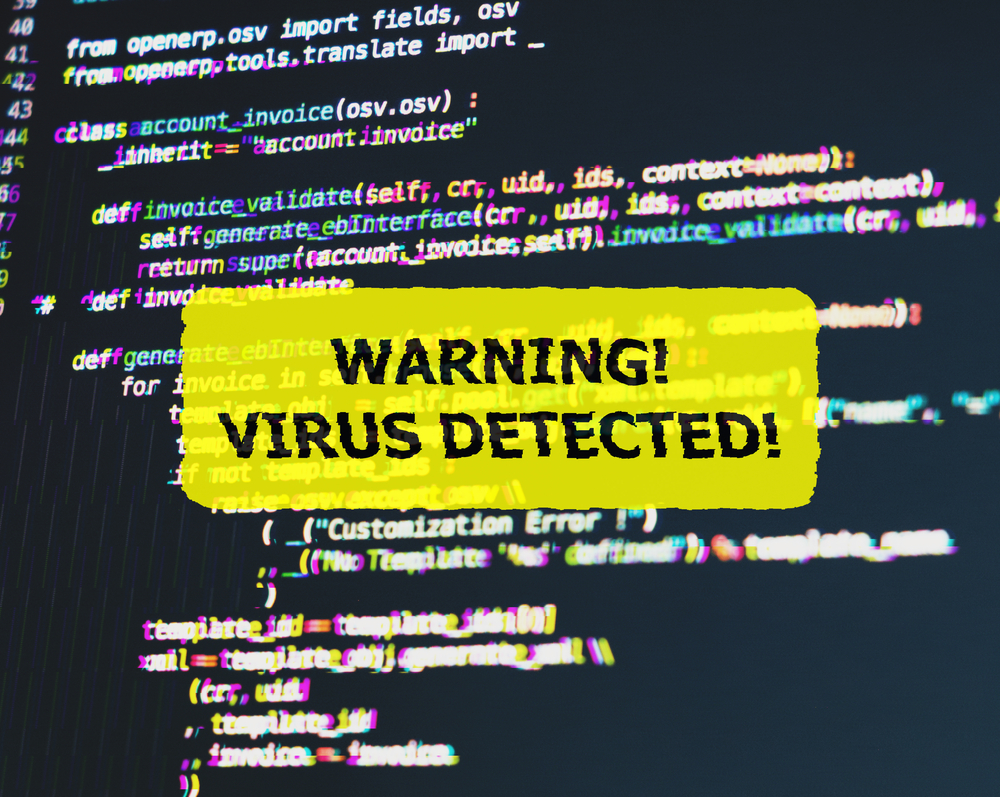What to do if your computer gets infected with a virus

If your PC is infected by malicious programs, there is a possibility that you can lose all your sensitive and confidential data and information. Cybercrimes are at an all-time high with cybercriminals using technology for ill-activities. Developers are designing an effective security solution that can save mankind from the malicious intent of hackers.
Ask yourself these questions
Usually, the data breach happens without your knowledge. However, it is possible to identify any data breach by keeping an eye on the following glitches.
● Change in settings of the operating system
● Slow performance with the computer taking to boot
● Unnecessary add-ons that were never downloaded
If these circumstances seem familiar, then your worst fear has come true.
Safe mode is important
Once you realize that your system has been attacked, you need to disconnect your computer from the internet and not use it until the PC is disinfected. This step can help you limit the chances of the malware multiplying or spreading in other files. Thereafter, leakage of data can be prevented by not connecting the device to the internet.
● In case you notice that your desktop is attacked by a malicious program, you should enter safe mode while booting. During this time, you will see only a limited amount of applications being loaded.
● Safe mode can prevent the malware to load automatically as soon as the PC starts.
● Through this mode, the inflicted files can be removed even when they are not in use.
However, the complicated booting process of Windows 10 might not be everyone’s cup of tea. For initiating the safe mode on Windows 10, you need to restart and keep pressing F8 continuously. This will direct you to the advanced boot options.
Take proper defensive steps
It is important to update the antivirus program to deal with the complex malicious programs that possess a huge threat to the users.
● You can go through the antivirus products like AVG to update and install the update automatically.
● Apart from updating your anti-malware software, you should take regular backup as soon as any confidential information is entered into the PC.
Backup is largely helpful for storing files in the cloud instead of only relying on computer hardware or software.
Get rid of temporary files
It is better to run a scan by using the anti-malware, but before doing that you must remove all the temporary files that occupy or take too much space.
● After deleting the temporary files, you will notice that there is an increase in the speed of virus scanning.
● Additionally, you can minimize the disk space and remove the malicious program hidden in those files.
Potentially unwanted programs are often flagged by the cybersecurity solution and put aside in the corner. Of course, if files scanned as malicious might not be malicious in truth and useful for you, then you can include the file in the exclusion list.
Upgrade your browser
A common trick of the cyber attackers is to identify scopes of network vulnerabilities and the old version of the browsers is often the victim of this problem. Many of the security exploits benefit from the backdated software and attack accordingly.
Change your passwords frequently
Before being removed from your device, the malicious program could have got access to all of your passwords. Therefore, you should change every password that you ever created. Moreover, you should choose your passwords carefully because the attackers are too good at guessing the passcode.
● It is found that people with “123456789,” own phone number or own nickname are susceptible to face the consequences of a data breach on a large scale.
● Try to use special characters in your password to make it strong.
Before downloading a malware scanner, you should check its reliability for not becoming a prey of cyber attackers.

